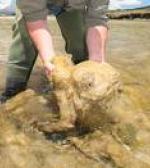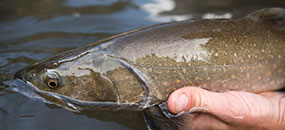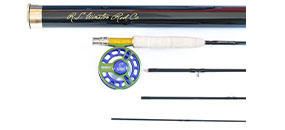AUSTIN – The Texas Parks and Wildlife Commission has approved a new regulation requiring that all boats operating on public fresh water anywhere in Texas be drained before leaving or approaching a lake or river to help combat the further spread of zebra mussels and other invasive species.
The rapidly reproducing mussels, originally from Eurasia, can have a serious economic, environmental and recreational impact on Texas reservoirs. Zebra mussels can clog public-water intake pipes, harm boats and motors left in infested waters by covering boat hulls, block water-cooling systems, annoy lake property owners by completely covering anything left under water, and make water recreation hazardous because of their sharp edges.
With the destructive invasive species having spread to Lake Belton, conservation officials and water-supply agencies are very concerned that zebra mussels could expand their range throughout the state, including Lake Travis and the other Highland Lakes.
“Zebra mussels have been moving steadily deeper into Texas since they were first found in Lake Texoma in 2009,” says Brian Van Zee, the Texas Parks and Wildlife Department’s Inland Fisheries Division regional director who has spearheaded the agency’s response to zebra mussels in Texas. “Now that they are in Lake Belton, the Highland Lakes are in the cross hairs as are many of the public waters in Central Texas.”
The new measure will take effect in July, but TPWD urges all boaters to begin the preventative practice immediately since microscopic larvae (called veligers) hiding in your boat can travel to another water body and cause a new zebra mussel infestation.
Currently in effect in 47 North and Central Texas counties, the new rule requires persons leaving or approaching public water to drain all water from their vessels and on-board receptacles. This applies to all types and sizes of boats whether powered or not, personal watercraft, sailboats, kayaks/canoes, or any other vessel used on public waters.





